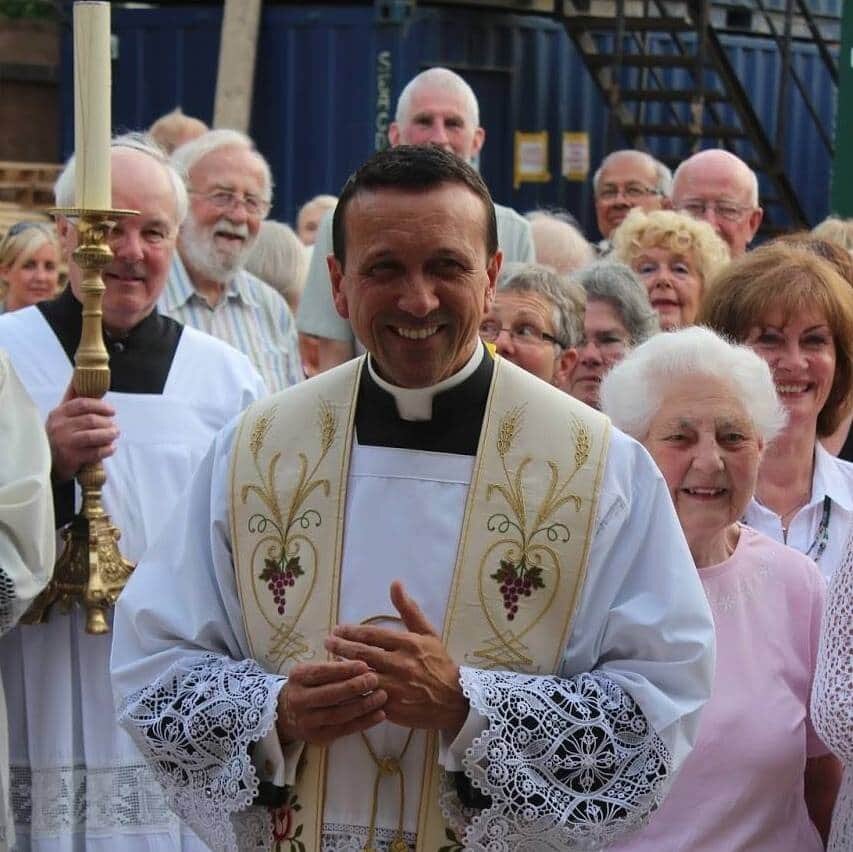According to the Catechism and the Code of Canon Law, receiving communion in a non-Catholic church is not permissible. According to Canon 844, Catholic ministers may licitly administer the sacraments to Catholic members of the Christian faithful only and, likewise, the latter may licitly receive the sacraments only from Catholic ministers. If a Catholic receives communion from a non-Catholic minister, it is generally considered “illicit” or unlawful. The reason for the Catholic Church’s general rule against sharing in the Eucharist with other denominations is that a person can only be in full communion with one church. As a Catholic, the core of one’s union with Christ is union with the Church. The centre of this union lies in the reception of the sacrament of the Eucharist during Mass, which is both a confession and embodiment of unity with the Roman Catholic Church.
